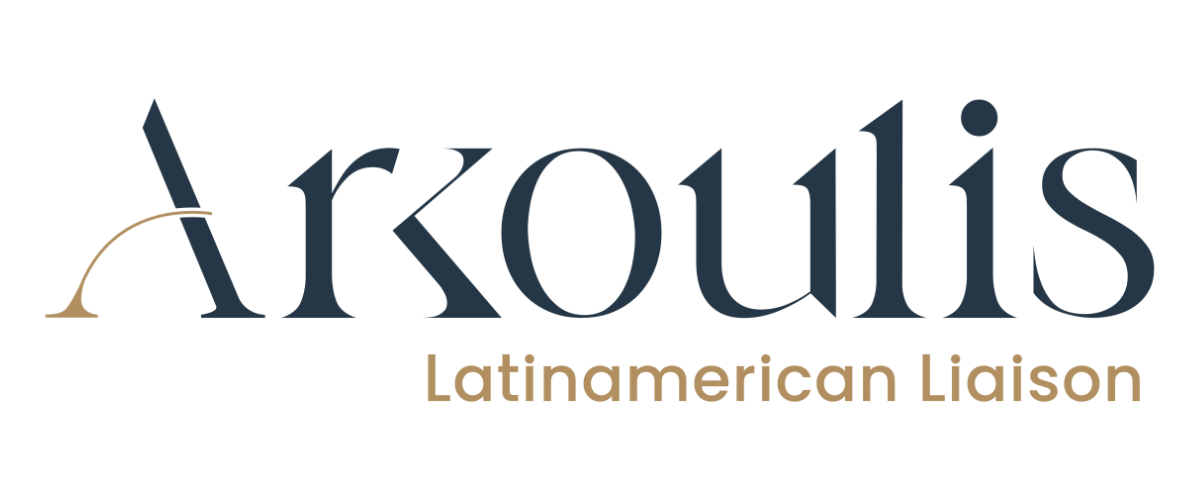Inicio ← ARKOULIS Today
EU Whistleblowing Directive: status of its implementation and related issues
Webinar Synopsis
Irregularities in the context of systematized corruption at the corporate level have crossed borders, and this has been evident in the handling of complaints by employees, who have felt affected at the labor and social level, damaging their physical and mental stability, and have realized that the process of internal complaints does not bear fruit as expected.
Therefore, the European Union, in its intention to collaborate with local and national channels responsible for the investigation of acts of corruption, seeks to create the Whistleblower Directive, where anyone can approach and report acts of corruption, (under anonymity of course), situations where there are crimes related to international money laundering, forgery of public documents, abuse of power, theft of bank accounts, etc..
The internal rules that the Directive seeks to implement are intended to be introduced into the internal legal system of each EU Member State.
In Italy, there is a special anti-corruption commission in charge of ensuring general and specific compliance with transparency guidelines at the corporate and governmental level. The Board of Directors works in conjunction with this Commission to carry out investigative work.
In Romania, you can see how effective whistleblowing channels are at the local level, and they seek to make independent reports about what is being investigated. Anti-corruption laws are very tough, which strengthens the investigative work and at the same time encourages reporting to the channels or to the board.
In Germany, local lines of investigation can yield results only after concrete and reliable results have been obtained. The Directive seeks to support these criteria in the search for corruption cases through the transparent handling of data and processes relating to the specific cases.
In Scandinavia, they are studying the whole process of introducing the directive in more depth, in order to give it a real and meaningful approach, where all companies, both private and public, can be audited.
This directive is created to denounce, investigate and prosecute those persons who are committing criminal acts related to corruption, at a European level, leaning more towards those governmental entities, where through the channels, the processes to follow are established, respecting at all times, the principle of innocence for the alleged offenders.

